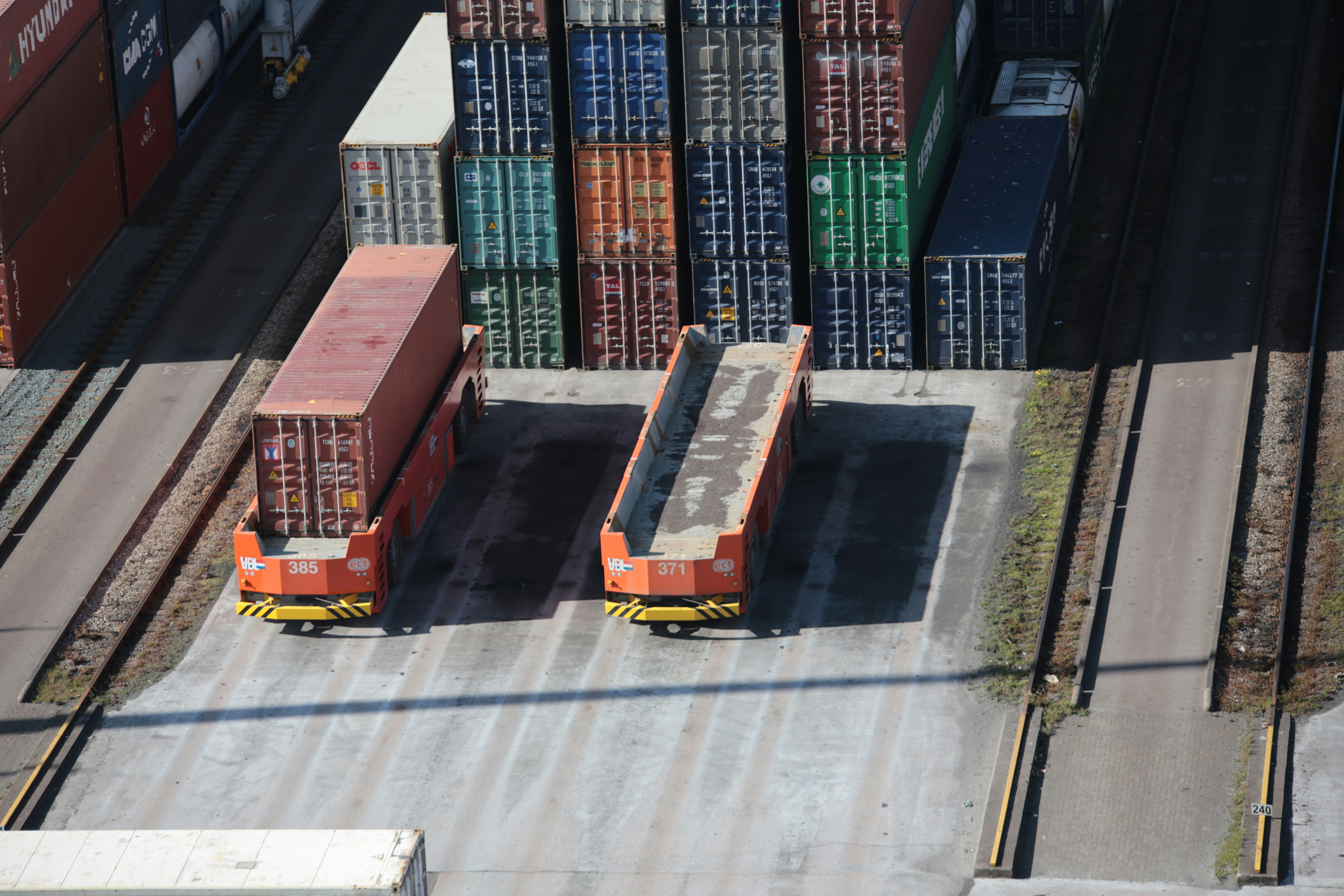Latest PPC Trends and News: Staying Ahead in the Digital Advertising Game
August 13, 2024 | by ivan.paljetak@gmail.com
 Photo by Austin Distel on Unsplash
Photo by Austin Distel on Unsplash As we navigate through 2023, pay-per-click (PPC) advertising continues to evolve significantly, driven by technological advancements and shifting consumer behaviors. One of the most notable PPC trends this year is the heightened integration of artificial intelligence (AI) and machine learning. These technologies are not merely supplementary tools but central to automating and optimizing PPC campaigns. AI-driven solutions can identify patterns, predict outcomes, and adjust bids in real-time, ensuring ads reach the right audience at the right time, all while maximizing return on investment.
Another crucial trend shaping PPC in 2023 is the growing reliance on first-party data. With increasing privacy concerns and stringent regulations like the General Data Protection Regulation (GDPR) and the California Consumer Privacy Act (CCPA), advertisers are pivoting towards leveraging first-party data. This shift not only aids in compliance with data protection laws but also enhances personalization and targeting precision, ultimately fostering better user engagement and customer loyalty.
Visual and video ads are also gaining momentum within PPC strategies. Consumers are more inclined towards engaging with visual content, making it imperative for advertisers to incorporate eye-catching visuals and immersive videos into their campaigns. Platforms such as Google Ads and Facebook Ads are prioritizing these formats, leading to higher click-through rates and engagement levels.
Cross-channel advertising is becoming increasingly essential, reflecting a more integrated approach to digital marketing. By synchronizing PPC efforts across multiple platforms, businesses can create cohesive and consistent messaging. This multi-channel tactic not only broadens reach but also increases the likelihood of conversions, as consumers encounter unified brand messages across various touchpoints.
Moreover, voice search is emerging as a significant trend in PPC. With the proliferation of smart speakers and virtual assistants, optimizing for voice queries is becoming crucial. Marketers need to consider how their PPC strategies can accommodate conversational and long-tail keywords that align with natural speech patterns.
Smart bidding strategies, leveraging AI and machine learning, are also becoming more prevalent. These advanced bidding techniques take into account a variety of factors to dynamically adjust bids, ensuring maximum performance efficiency. Businesses like e-commerce giants and leading service providers are already adopting these strategies to stay ahead of the competition.
To stay competitive, marketers must embrace these emerging trends, adapt their PPC strategies accordingly, and continuously monitor advancements. By integrating AI and machine learning, focusing on first-party data, leveraging visual and video content, adopting cross-channel approaches, and optimizing for voice search and smart bidding, they can enhance their PPC campaigns and achieve greater marketing success in 2023 and beyond.
Key Industry News and Updates
In the dynamic realm of Pay-Per-Click (PPC) advertising, significant updates and news have emerged over the past few months, reshaping strategies for many digital marketers. Google Ads continues to lead with impactful changes, including the recent introduction of Performance Max campaigns. These highly automated campaigns use machine learning to optimize across all Google channels, empowering advertisers to better manage their marketing efforts and achieve higher return on investment (ROI).
Meanwhile, Bing Ads, now rebranded as Microsoft Advertising, has rolled out its enhanced responsive search ads. This feature allows advertisers to input multiple headlines and descriptions, with the platform autonomously generating the most effective combinations based on user searches. This shift signifies a growing trend towards automation and precision targeting in the PPC landscape.
In the realm of social media advertising, Facebook and Instagram have introduced new e-commerce capabilities through Shops, integrating product listings directly within their platforms, which promises to enhance PPC campaign effectiveness. This move aligns with the increasing consumer preference for social shopping and delivers a seamless customer journey from ad click to purchase.
Regarding advertising policies, recent changes necessitate higher transparency and compliance. Google has tightened its policies around financial services ads, requiring certification for advertisers promoting such services, particularly in light of rising fraudulent activity. Similarly, Facebook has implemented robust measures to ensure political ad transparency by mandating comprehensive disclosure of funding sources.
Case studies further exemplify the impact of these updates. For instance, a leading retailer utilized Google’s updated Local Campaigns to drive in-store visits and saw a notable lift in foot traffic. These case studies emphasize the importance of leveraging new features for tailored marketing strategies.
Major PPC conferences like SMX West and PPC Hero have taken place, serving as crucial platforms for industry professionals to share insights. Key takeaways underline the need for a balance between automation and human oversight, stressing the continued evolution of data-driven campaign management.
Looking ahead, these developments suggest an accelerated move towards sophisticated, technology-driven advertising methods. Marketers must stay attuned to ongoing innovations and adapt their strategies to harness these tools effectively. As PPC advertising becomes increasingly complex, staying ahead of trends and continuously learning will be pivotal for achieving optimal campaign results.
RELATED POSTS
View all


